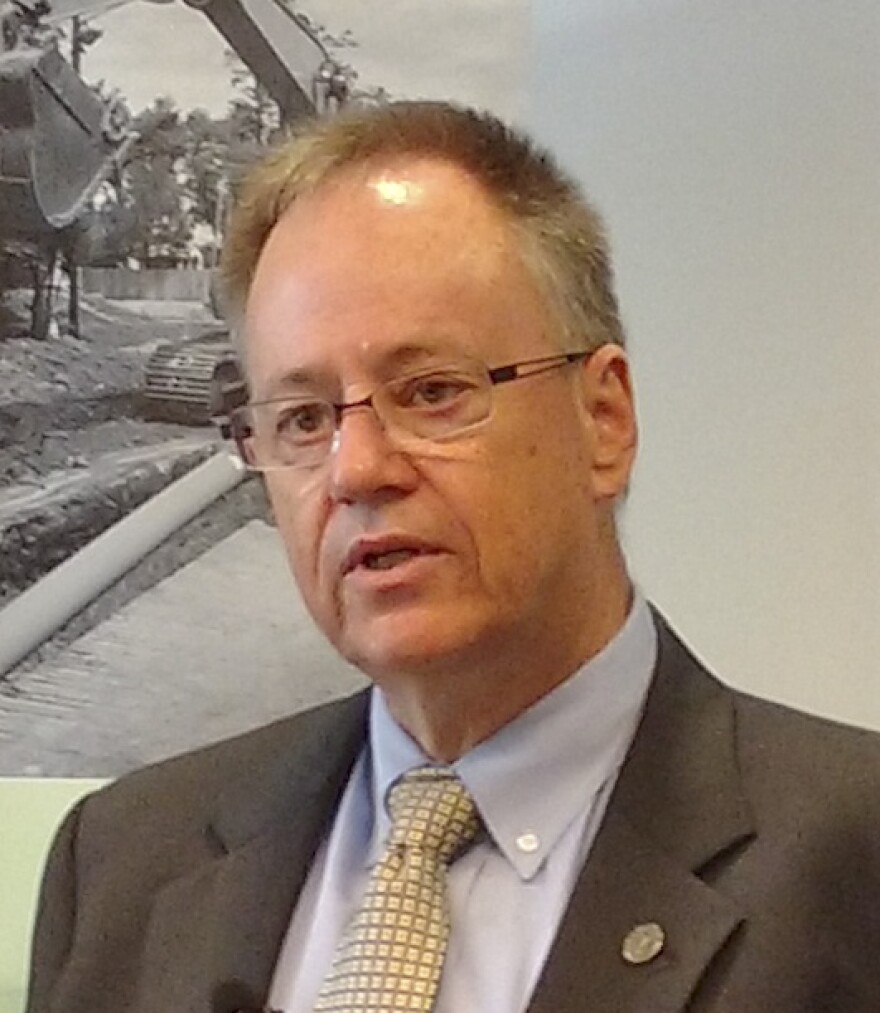Tests required by state and federal regulators have found no problems with lead or copper in Charlotte's water.
Charlotte Water tested a total of 164 homes built before 1985, when lead was banned in plumbing. Just six had detectable lead levels, but all were below the federal EPA action level, according to Charlotte Water.
Water suppliers are required to test at least 50 homes every three years. Charlotte Water said it tested 56 homes, none with detectable levels of lead or copper. The utility also tested an extra 108 homes built before 1982 that may have lead pipes or copper pipes with lead solder. All also were below EPA action levels for lead and copper.

Charlotte Water director Barry Gullet said officials here expanded testing this year because of heightened interest in water quality nationwide.
“Recent events across the country in municipalities like Flint, Michigan, have raised the importance of drinking water quality awareness. I asked our staff to expand lead testing this year to include homes older than 1982 to demonstrate to customers that the quality of drinking water provided to them is excellent,” Gullet said in a press release.
Besides testing water flowing from pipes within homes, Charlotte Water said it also collected 232 samples from other points in the local water distribution system. No lead or copper were detected in water being supplied to customers, Charlotte Water said.
Charlotte Water serves about 843,000 customers in Charlotte and Mecklenburg County. The system has one advantage over older cities in the North and Northeast: Most of the system's 4,200 miles of pipes are relatively new, added as the region grew in recent decades.
Gullet says there aren't many lead pipes in the system, and when they're found, they're replaced. The biggest issue is with what are called "goosenecks," two- to three-foot flexible connectors made of lead. Charlotte Water also treats water so it's less likely to corrode old pipes.
MORE INFORMATION
Charlotte Water posts water quality information on its website at CharlotteWater.org.






